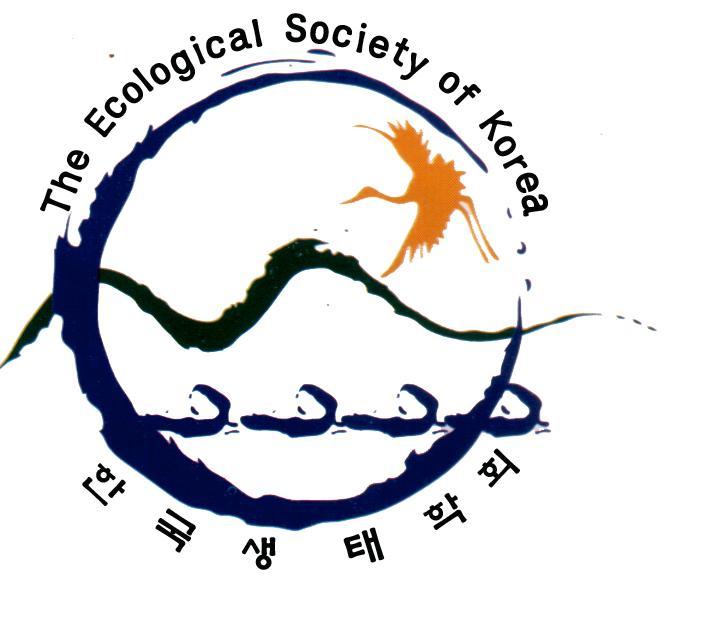- KOREAN
- P-ISSN2287-8327
- E-ISSN2288-1220
- SCOPUS, KCI
 ISSN : 2287-8327
ISSN : 2287-8327
Article Contents
- 2024 (Vol.48)
- 2023 (Vol.47)
- 2022 (Vol.46)
- 2021 (Vol.45)
- 2020 (Vol.44)
- 2019 (Vol.43)
- 2018 (Vol.42)
- 2017 (Vol.41)
- 2016 (Vol.39)
- 2015 (Vol.38)
- 2014 (Vol.37)
- 2013 (Vol.36)
- 2012 (Vol.35)
- 2011 (Vol.34)
- 2010 (Vol.33)
- 2009 (Vol.32)
- 2008 (Vol.31)
- 2007 (Vol.30)
- 2006 (Vol.29)
- 2005 (Vol.28)
- 2004 (Vol.27)
- 2003 (Vol.26)
- 2002 (Vol.25)
- 2001 (Vol.24)
Stone weirs in Penghu and adaption to tourism development
Shyi-Liang Yu (Department of Tourism and Leisure, National Penghu University, No. 300, Liu-Ho Road, Magong City 880)
Chia-Wen Tsai (Department of Tourism and Leisure, National Penghu University, No. 300, Liu-Ho Road, Magong City 880)
Abstract
The ancient fishing methods include stone fish weir, beach seine and baulk net, but the fish catches of the stone fish weir is the most abundant. The stone fish weirs not only constitute important landscape, but also are representative of the fishery culture in Penghu, because they are fishing ground built by ancient people to take advantage of natural environment and resources. The objectives of this study is to understand the relevance of stone fish weirs in Penghu and to preserve biological diversity, as well as the value of stone fish weirs in Penghu fishery culture, and further make suggestions on the stone fish weirs. According to the present study, the marine species around the stone fish weirs tend to be diversifying, and in the future the region’s economy can be revitalized by sightseeing, which may promote the ecotourism, and also volunteer tourism. In the future, stone fish weirs must be promoted as a sightseeing destination. Also, by taking into consideration the experience of the Jibei stone weir protection team, the local communities of Penghu can have their own protection team to revitalize the stone fish weirs for sustainable operation and management.
- keywords
- Penghu, stone weirs, sustainable management, volunteer tourism
Reference
Chen HM. 1996. Study on stone fish weirs in Penghu islands. Geographic Research Report 25. Department of Geography, National Taiwan Normal University, Taipei.
Hung KS.1999. Stone Fish Weirs in Penghu. Penghu County Government, Penghu.
Koga Y.1917. Survey of fishing villages by Penghu Office. Taiwan Mar Prod J 19: 39-50.
Lee MJ. 2009. Origin and Distribution of Stone Fish Weir Culture: Exploration of an International Point of View. Cultural Affairs Bureau, Penghu County, Penghu.
Lin H. 1893. Penghu Gazetteer. Taiwan Bank Economic Research Room, Taipei. (Literature series; 164).
Lin WC. 2005. Introduction to culture of stone fish weirs in Penghu. In: Collection of Theses of Fifth Academic Forum for Penghu Study. Penghu County, Penghu. p 1-13.
Lin WC. 2009. Trekking Taiwan – Guide to Work and Study of Jibei Stone Fish Weirs in At-sea Working House. Penghu County, Penghu.
Stebbins RA, Graham M, eds. 2004. Volunteering as Leisure/Leisure as Volunteering: An International Assessment. CABI, Wallingford.
- Downloaded
- Viewed
- 0KCI Citations
- 0WOS Citations

